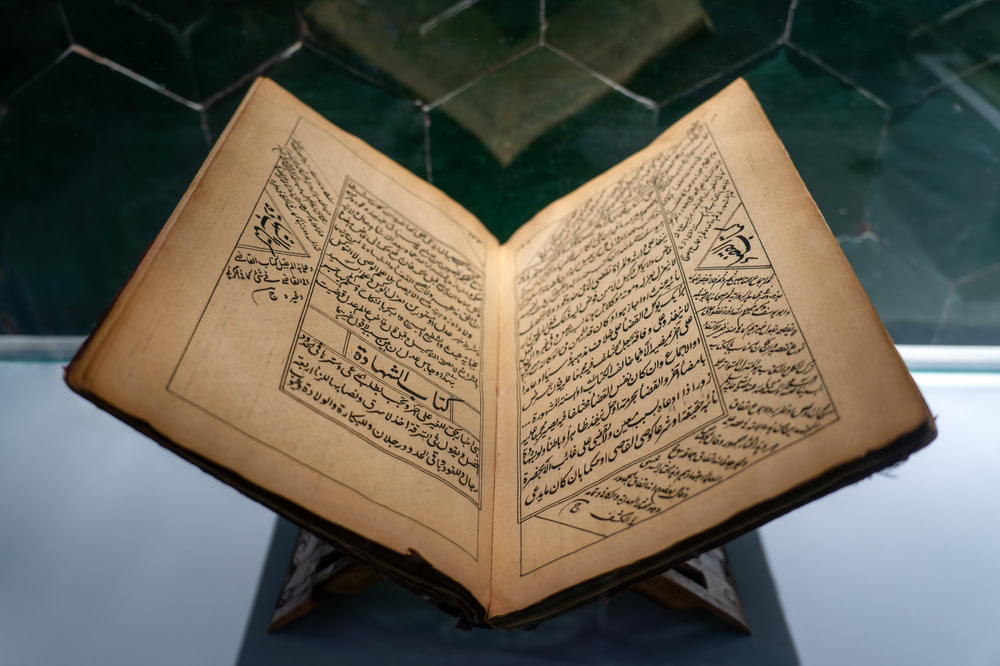Does the Consensus (Ijma‘) Refer Only to the Agreement of the Mujtahids of the Umma?
Answered by Shaykh Abdul-Rahim Reasat
Question
Does the ijma‘ of the umma refer to the Mujtahids or all Muslims? Is it binding? What about movements rejecting it as a Shari‘a source? Are they outside Ahl al-Sunna, and can they be deemed deviant for this stance?
Answer
I pray you are well.
The Legal Basis of Ijma‘
Ijma‘ (Consensus) is regarded as a primary source of law, and its legal status as such is derived from multiple sources, such as the verse:
“And whoever defies the Messenger after guidance has become clear to them and follows a path other than that of the believers, We will let them pursue what they have chosen, then burn them in Hell—what an evil end!” [Quran, 3:115]
The words of Sayyiduna ‘Abdullah Ibn Mas‘ud are also cited as proof for it: “What the Muslims consider beautiful, it is also beautiful in the sight of Allah.” [Ahmad]
Therefore, the ijma‘ of all of the Mujtahids of an era on an issue is binding, and if the basis of that ijma‘ is decisive in meaning and transmission (ijma‘ qat‘i), then rejecting that ijma‘ can be classified as disbelief as it would entail disbelieving in the Messenger of Allah (Allah bless him and give him peace). If it is not of that category it will not have such implications.
Fakhr al-Islam al-Bazdawi distinguished between the ijma‘ of the Companions and that of others, saying rejecting the former would lead to disbelief, whereas rejecting the ijma‘ of others leads to deviance and not disbelief. [Amir Badshah, Taysir al-Tahrir]
Ijma‘ of the Mujtahids
As for the question of whether the agreement has to be amongst the mujtahids or if laymen can be involved too, experts in the field of Usul al-Fiqh have clearly stated that only the ijma‘ of the mujtahids counts. This is simply due to their extensive knowledge and expertise in the various fields of the Shari‘a, which laymen and non-specialists lack. (Mahbubi, al-Tawdih; Taftazani, al-Talwih)
As you can see, this is clearly a nuanced field with much left undiscussed here. It is something one discusses within a proper learning environment, as it is knowledge of the din of Allah, and so it deserves proper reverence.
It’s best not to look at this discussion and others like it as a means to score points debating with people online, which – sadly – is the focus of many today. One should either study it properly with all the pre-requisites with the intention to serve the umma of the Prophet (Allah bless him and give him peace) or follow his teachings and not engage in pointless arguing. We do, after all, have to answer for our actions before Allah…
May Allah benefit us through our knowledge. Amin.
[Shaykh] Abdul-Rahim
Checked and Approved by Shaykh Faraz Rabbani
Shaykh Abdul-Rahim Reasat began his studies in Arabic Grammar and Morphology in 2005. After graduating with a degree in English and History, he moved to Damascus in 2007, where, for 18 months, he studied with many erudite scholars. In late 2008 he moved to Amman, Jordan, where he continued his studies for the next six years in Sacred Law (fiqh), legal theory (Usul al-fiqh), theology, hadith methodology, hadith commentary, and Logic. He was also given licenses of mastery in the science of Quranic recital, and he was able to study an extensive curriculum of Quranic sciences, tafsir, Arabic grammar, and Arabic eloquence.
